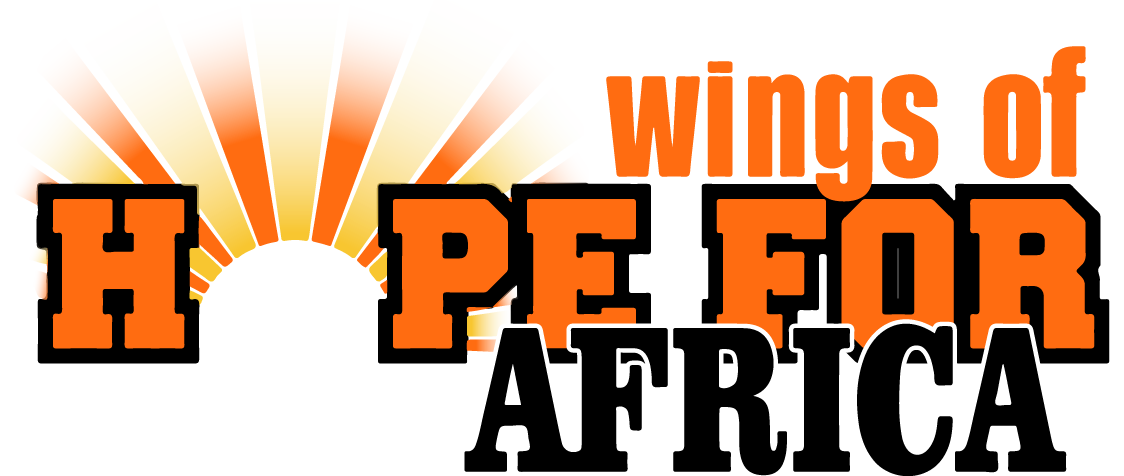Community Garden Expansion
Community Garden Expansion in Nyarumanga, Burundi
We are happy to be announcing our plans to expand our community garden in Nyarumanga, Buterere. This would be an addition to the already successful garden located in the province of Kivumu and in Buterere Community. With the Kivumu and Buterere garden, we saw the growth it provided for communities and families. It helped them in more ways than one. Nyarumanga is one of the poorest regions in Burundi and we know it is in need of our Wings of Hope community garden. This educational and co-operative project will generate income; provide food and foster community building. It also will give a sense of pride and dignity to families. Along with strengthening agricultural self-sufficiency in their community, too. This project has proven itself and we are wanting to expand it to another location that is in need of it.
Burundi Background
To shed some light on the history of Burundi, they are still recovering from a 15-year (1993-2005) conflict that has led to 300,000 people dead. Agriculture is the main employment sector in Burundi. It is also the traditional source of food and income. Land scarcity is a huge deal in Burundi and lots of farmers have small plots of land, but growing just enough food for their families is also a struggle.
We recognize this struggle as well as those who do not have the opportunity to grown their own crops or feed their families.
Our goal is to raise $25,000 for the expansion. From the original one hectare at the Buterere garden to two hectare. As a reminder of the power of the garden, the Kivumu location is currently in its seventh season. It has alleviated food insecurity, provided income and helped with people’s health issues.
Our Self-Sufficiency Model
This is a self-perpetuating project. Participants grow the crops and divide the harvest into three parts: crops to sell at the market, crops to eat at home, and crops from which to harvest the seeds for the next growing season. The crops retained as seeds are given to us for distribution to next season’s growers.
The details are as follows:
- 60% of crops are sold, 20% are kept by the families for their own use, and 20% are kept as seeds retained for the next year’s participants. A portion of income from the crops is retained and reinvested in seeds, fertilizers, planting materials, tools, and new land for the following season.
- Training is provided during the first phase of the project only. Participants are responsible for training new families in subsequent seasons. This method of training the next generation of teachers empowers individuals and leads to a multiplier effect throughout the community as the project grows. The participants are also responsible for:
- Electing the garden committee,
- Electing the individuals who will be trained as trainers,
- Preparing and tending the garden, and running its day-to-day operations (garden committee)
- Participants benefit from improved nutrition and quality of life, have access to healthy food, and gain knowledge about agriculture and effective nutrition.
Our project in Kivumu was a success. All families worked diligently on the site, and the participants were grateful for the opportunity. Prior to the project, our survey showed that the families were only able to eat 1 meal per day, and that fatigue and stomach issues were very common. The community garden enabled them to increase the daily nutritional intake to 2 meals with a small income to supply their diet with additional items. Our follow-up interviews indicated that increased energy levels relieved stomach illness issues, as well as created a positive psychological effect.
Our Objectives
- Expand self-sufficient agriculture projects to provide families with food security.
- Increase energy levels and health maintenance.
- Generate income through selling their produce in the market.
With the crops grown, 60% will be sold to the market, 20% are kept by the families and the remaining 20% are kept as seeds for the next participants. Currently, this project supports 70 families. There are 2 growing seasons with 35 families participating per season. With the expansion, we will be able to help more vulnerable families.
Thank you
We appreciate any kind of help for our community gardens. Please consider donating and helping us in the expansion of the garden.
Our programs would not be possible without your generosity and support.
Videos of our Successful Community Garden
Buterere Community Garden
